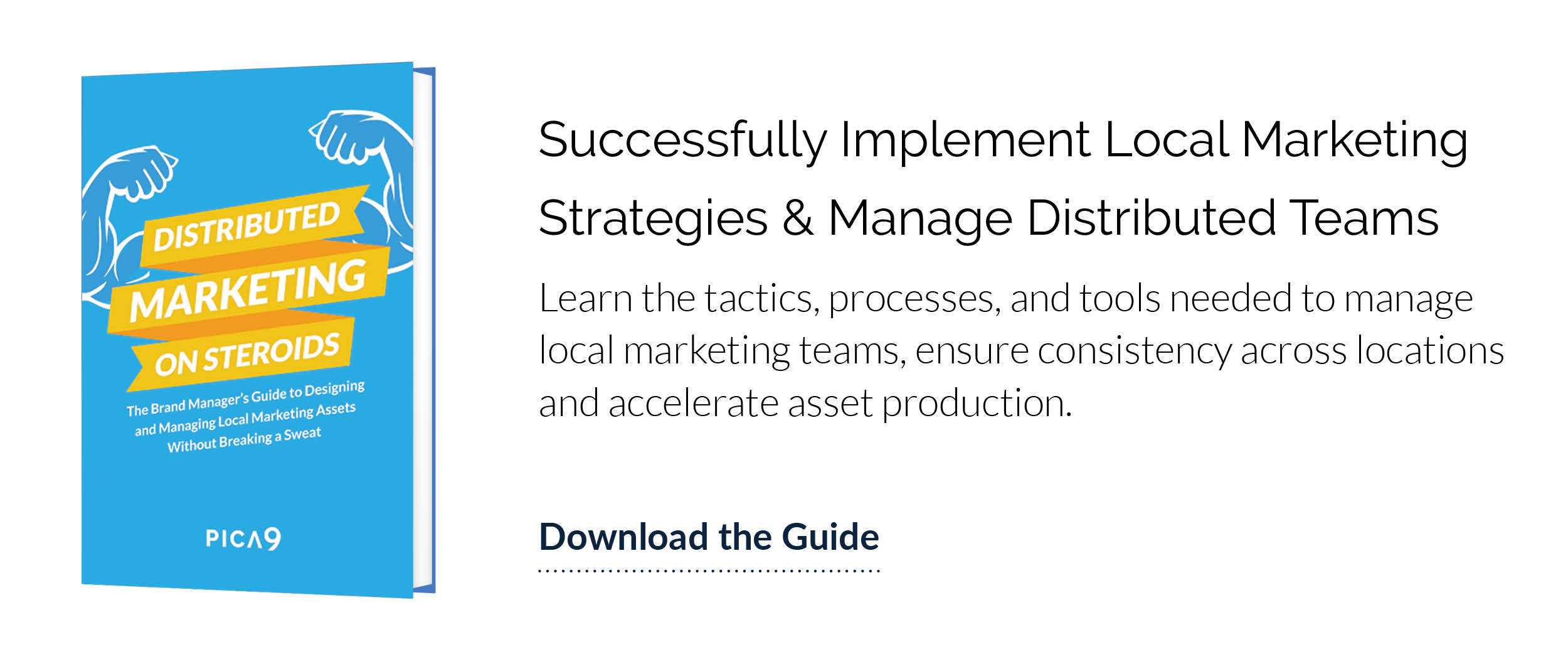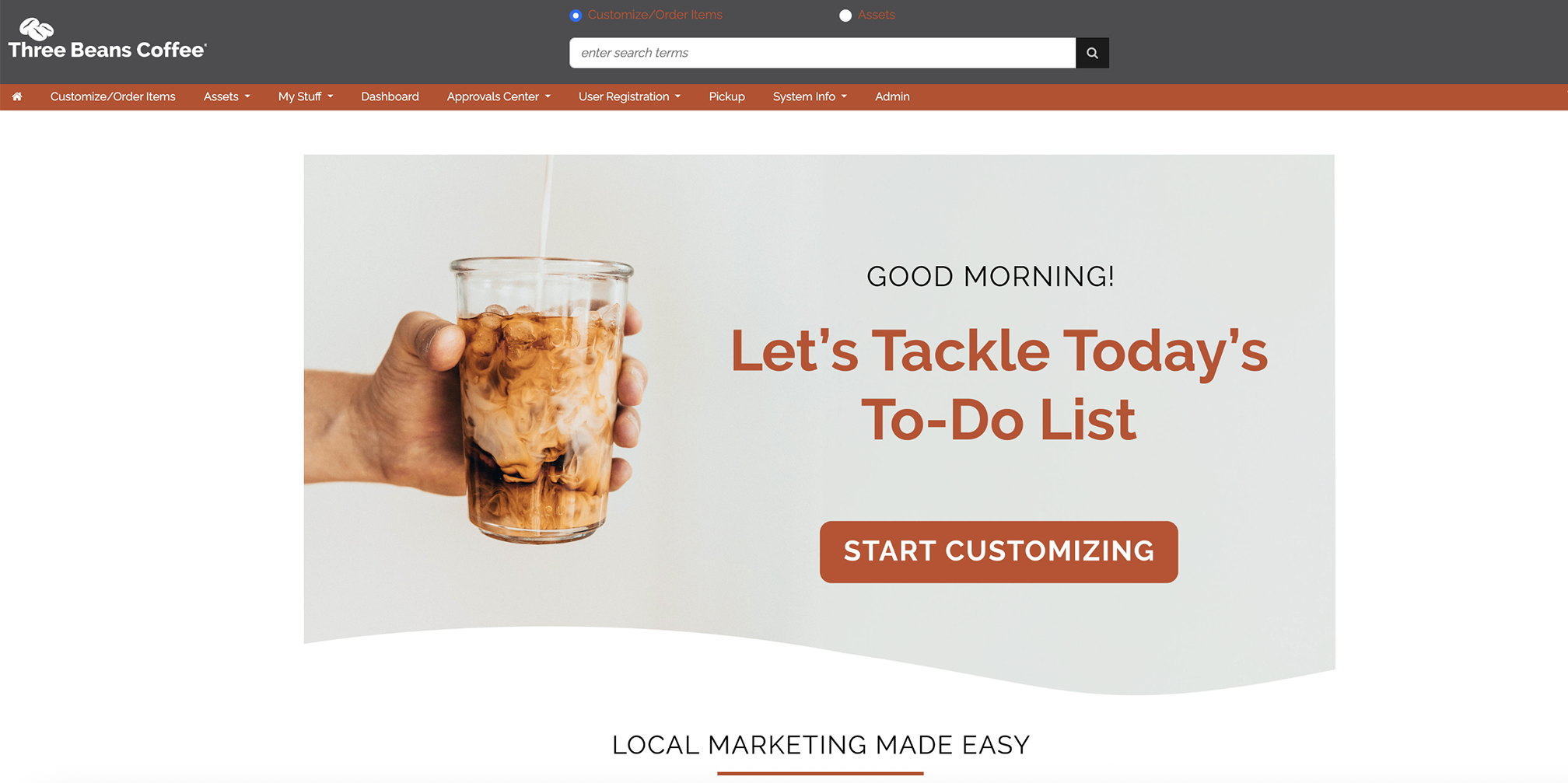The most successful brand managers invest heavily in software, systems, and procedures to guarantee digital marketing compliance. As you know, marketing compliance ensures a company's marketing, advertising, and sales content follows the rules and standards set forth by local and federal governments.
So, why is marketing compliance important?
These standards protect consumers so they are not lied to, tricked, or deceived. Unfortunately, non-compliant marketing costs multi-located businesses thousands of dollars per year. Additionally, when found to be non-compliant, businesses can be forced to implement compliance changes before normal business can resume. As such, every member of your marketing team at both the corporate and local levels should have a basic understanding of these standards.
4 Digital Marketing Compliance Pitfalls to Avoid at All Costs
So, what does your business need to do to avoid compliance penalties?
Here are the four marketing compliance pitfalls to avoid at all costs:
1. CAN-SPAM Act Violations
Do you use email marketing for your business? The CAN-SPAM Act is a law that outlines email marketing requirements and spells out tough penalties for infractions.
Here are the primary CAN-SPAM Act requirements:
- Don't use false or misleading header information.
- Don't use deceptive subject lines.
- Identify the message as an ad.
- Tell recipients where your business is located.
- Make it easy for recipients to opt out.
- Honor requests for opt out quickly.
- Monitor what others (agencies, consultants) are doing on your behalf.
That's right, according to the law, you are responsible for ensuring that all campaigns being sent out on your behalf are compliant. Additionally, you can streamline and simplify compliance with a brand management tool.
An ideal brand management solution allows system administrators to "lock" certain features within pre-approved email marketing templates. This locking mechanism prevents local affiliates from manipulating features within the creative. In this way, email marketing campaigns are compliant every single time.
2. Copyright
Copyright is a form of intellectual property (IP) law that protects original works of authorship including literary, dramatic, musical, and artistic works, such as poetry, novels, movies, songs, computer software, and architecture.
Examples of copyright infringement include:
- Downloading movies and music without proper payment
- Recording movies in a theater
- Using others' photographs for a blog post without permission
- Copying software code with permission
- Creating videos with unlicensed music clips
- Copying books, blogs, or podcasts without permission
To avoid copyright infringement, at a minimum, avoid using anything that you did not create, even if there is no copyright symbol. Think about it this way – if there was an unlocked car parked on the street, you wouldn't take it, would you?
3. Logo Misuse
Unfortunately, logo misuse is one of the most common marketing-compliant infractions. Most brands enact strict guidelines around logo use. In most cases, logo manipulation – scaling, stretching, coloring – will result in serious penalties. To avoid logo misuse, help local marketers understand the importance of the brand's logo and trademark use guidelines.
4. Off-Brand Messaging
Finally, off-brand messaging can cause significant marketing compliance issues. Without some oversight from corporate marketing teams, local affiliates will likely go rogue and add their own messaging to pieces of print and digital creative. In this scenario, the messaging may be completely off-brand or worse, not comply with regulatory marketing standards.
For example, if local affiliates forget to include some of the fine print required for giveaways or contests, your brand may be held liable.
Related: When Local Marketers Go Rogue: 4 Results of Non-Compliant Brands
Guarantee Marketing Compliance With CampaignDrive
So, what's at stake if local marketers fail to comply? Non-compliant local marketing will lead to a loss of customer trust, missed revenue targets, executive pushback, and worse, costly legal issues. As such, the most successful multi-located businesses make a serious investment in tools and resources to guarantee compliance.
CampaignDrive by Pica9 is a leading brand management solution purpose-built for distributed brands. With access to exceptionally easy-to-use print, digital, and email templates, local marketers can execute on-time and on-brand local marketing. Additionally, with user permissions, reporting, and custom workflows, brand managers gain the right balance of freedom and control.
To get started, we recommend taking our software out for a free test drive.





